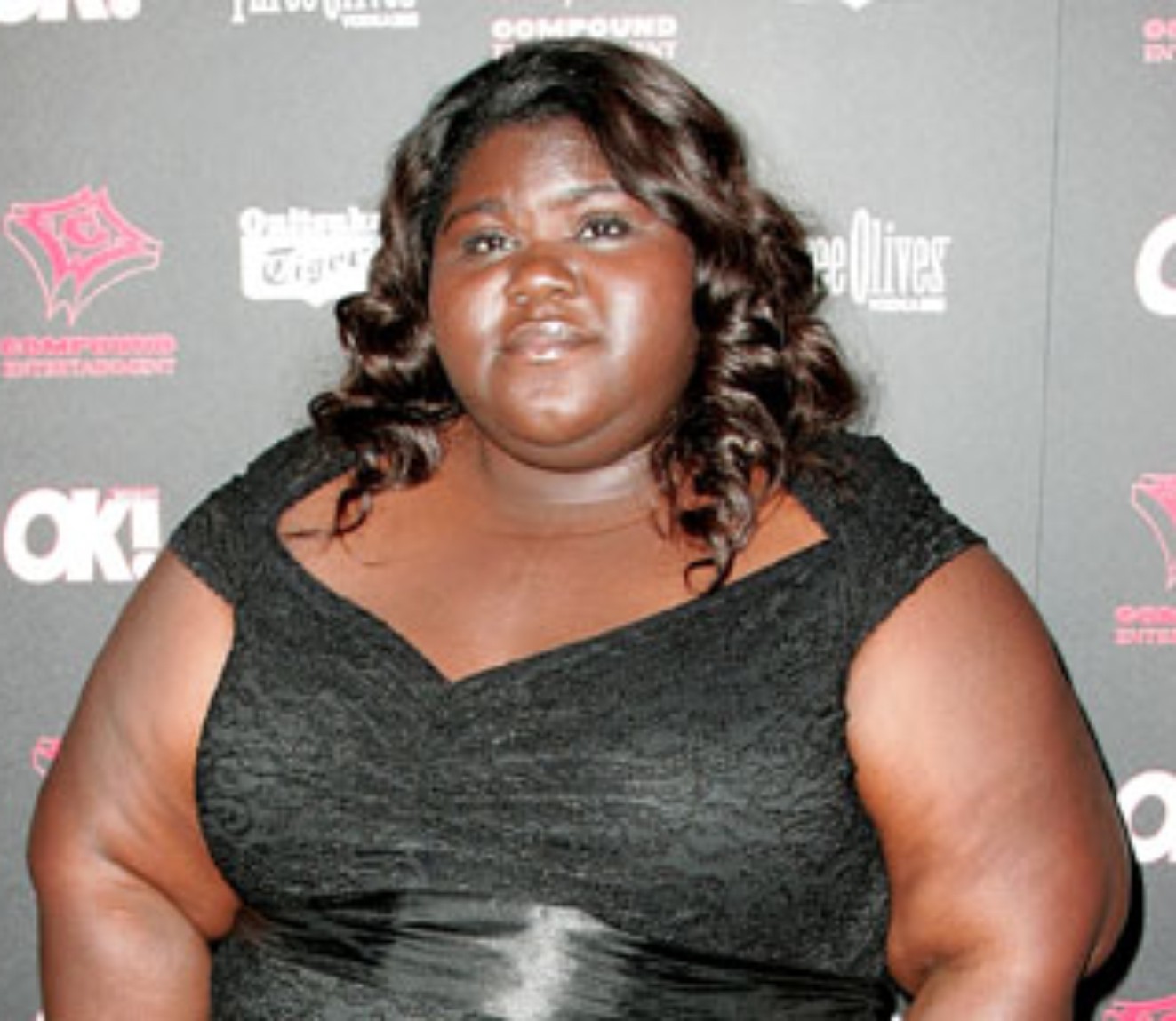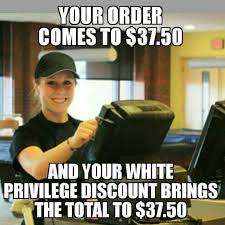- Dec 8, 2013
- 22,688
- 16,891
- 2,415
Black patronizing month about 2 weeks away folks.
Get ready for the month long reminder of how bad blacks once had it. Get ready for little to no actual black history, except for how mean and racist white America is,.as the globalists continue to use the negro as political weapons by enslaving their minds and keeping them down.
Carolla destroys it.
You dumb fucking white liberal racists.
Last edited:







